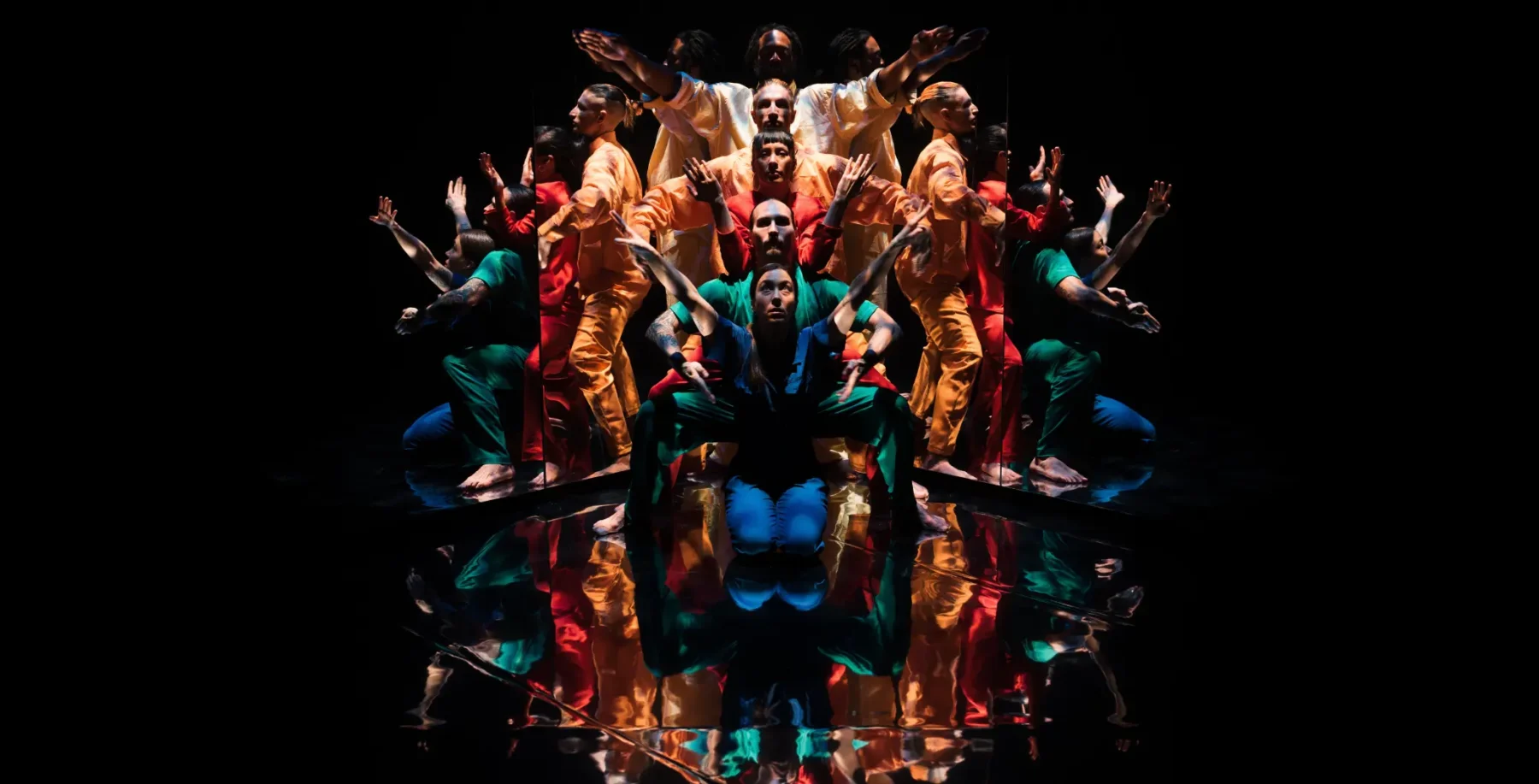
HANA’S SUITCASE adapted by Emil Sher from Karen Levine’s book, directed by Allen MacInnis (Lorraine Kimsa Theatre for Young People, 165 Front East). Runs to May 21, May 2 and 8 at 2 pm, May 16 at 11 am and 2:30 pm. $10-$20, May 8 pwyc. 416-862-2222. See listing. Rating: NNNN
Back for the third time, Hana’s Suitcase is just as involving a production as it was when first produced in 2006.
Based on the story of young Hana Brady, one of the many child victims of the Holocaust, Emil Sher’s play (adapted from Karen Levine’s book) deals not only with Hana’s story but also with that of two Japanese children, Maiko and Akira. When Hana’s suitcase, with little more than a birthdate and the word “orphan” on its side, arrives in 2000 at the Tokyo Children’s Holocaust Centre, the pair and their teacher, Fumiko, try to discover who she was.
Sher’s finely structured play puts the emphasis on the three Japanese characters in the first act Hana is a ghostly figure who moves silently through scenes. But she comes into her own, along with her family, in the second, where the contemporary figures become observers of the 60-year-old tale.
If the acts had subtitles, the first could be called “the search” and the second, “the story.”
It’s in the latter half that the work turns truly heartbreaking, as the world for the Jewish characters shrinks quickly and Hana moves from her Czech hometown to Theresienstadt (just as she turned 11) and finally to Auschwitz, where she died at 13.
Director Allen MacInnis gets generally fine work from his cast, some of whom have returned from earlier productions. The scenes that blend the two time periods – characters from both stories sit around a table or are in the same movie theatre – make a strong point about the importance of sharing human uncertainty and tragedy.
It’s three of the new actors who anchor the show’s emotional truths: Amy Lee as Hana, confused about why her world is so filled with hatred Patricia Vanstone as a series of sympathetic women who help, in various ways, both the Japanese children and Hana and Ginger Ruriko Busch as the warm and understanding Fumiko, who is our adult eye in the play’s first act.
The play also raises the importance of telling children about the dark side of human nature and when those stories should be shared. The suggestion is that in shielding the young, we might be fostering a continuation of the past’s horrors. [rssbreak]












